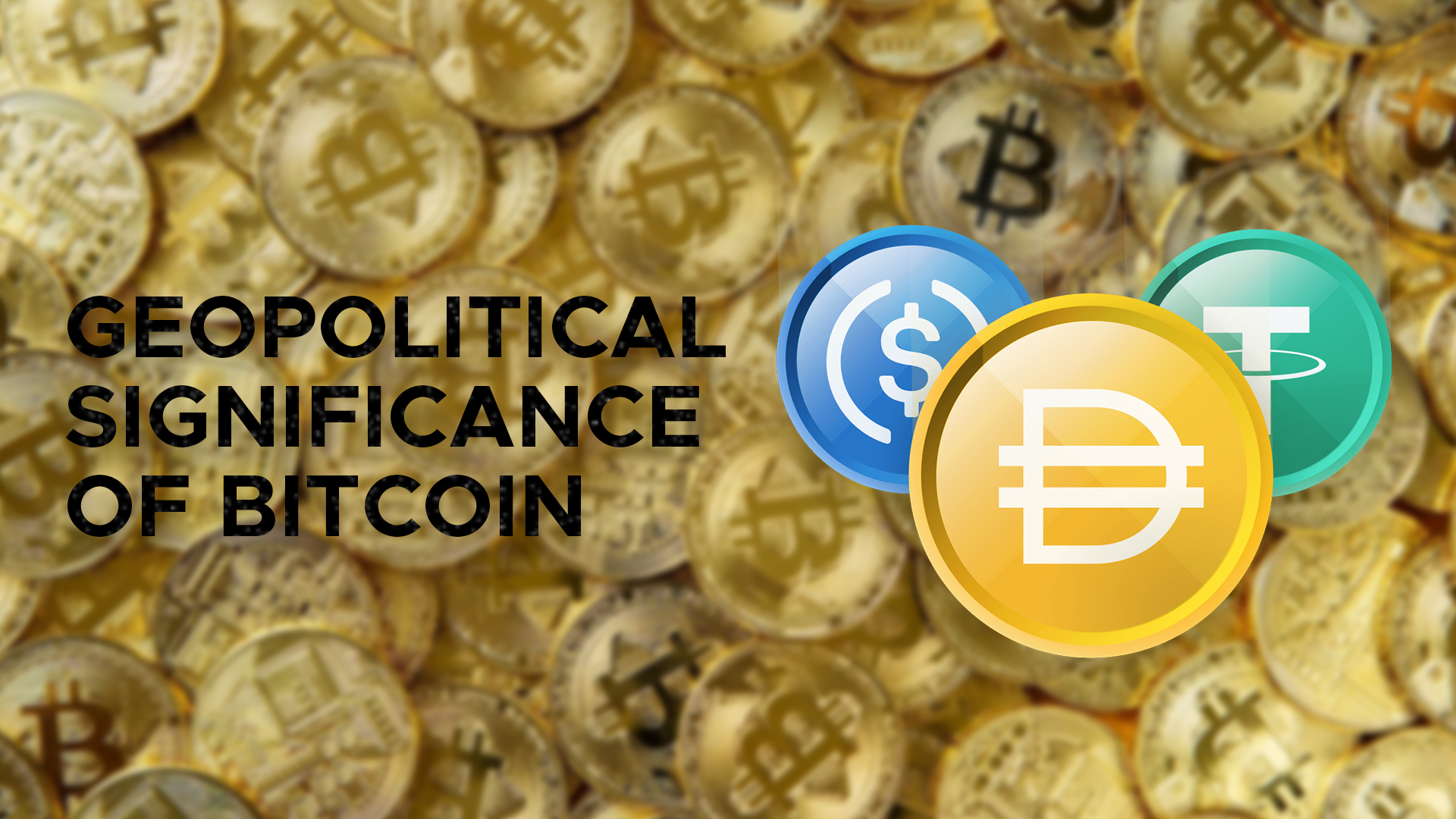As everyone knows, Bitcoin is the famous digital cryptocurrency that operates on a decentralized network and uses public blockchain technology that provides open access, anyone can participate, view, and validate transactions on the network.
Bitcoin’s decentralized nature challenges traditional power structures by offering an alternative to central banks and governments.
It’s a decentralized ledger and its limited supply gives it potential as a store of value and currency in turbulent regions, reducing dependency on local currencies prone to devaluation. This could reshape financial dynamics by providing individuals with more control over their wealth and offering an avenue for economic participation outside traditional systems.
Sovereignty And Monetary Control
Bitcoin challenges sovereign nations’ control over currencies by existing outside traditional monetary systems. Its decentralized nature makes it immune to government manipulation or inflation.
Governments often respond with mixed approaches, including regulatory efforts, exploring their digital currencies, or adopting blockchain technology. As cryptocurrencies become more popular, countries must reassess their monetary policies and adjust to the changing market.
Geopolitical Adoption And Regulation
Governments’ approaches to Bitcoin adoption and regulation vary widely.
- Some embrace it as an economic opportunity, while others are cautious due to concerns about financial stability and illicit activities.
- Regulatory decisions can significantly impact geopolitics by attracting or repelling investments, affecting technological innovation, and influencing global financial power dynamics.
- To navigate the complexities of regulating a decentralized and borderless technology like Bitcoin, a balance between security and innovation becomes important.
Flat-Pegged Stablecoins
Flat-pegged stablecoins are cryptocurrencies pegged to traditional fiat currencies like the US Dollar, maintaining a stable value. The term ‘flat-pegged’ means that the value of stablecoin is maintained at a 1:1 ratio with the value of the currency it is pegged to.
They facilitate seamless cross-border transactions by reducing currency exchange risks. These stablecoins can play a significant role in enhancing financial inclusion by offering a reliable medium of exchange in regions with limited access to traditional banking services, empowering individuals to participate in the global economy without being subject to the volatility of local currencies.
Cross-Border Transactions
Flat-pegged stablecoins could revolutionize cross-border payments by providing faster and cheaper transactions while minimizing intermediaries and currency conversion fees.
They might also improve international trade relationships, as smoother transactions can reduce friction between nations.
Impact On Traditional Banking Systems
Flat-pegged stablecoins could challenge traditional banking systems by offering an alternative means of conducting transactions and storing value.
As more users adopt stablecoins for cross-border payments and everyday transactions, the demand for correspondent banking networks may diminish, affecting the revenue streams of traditional banks.
This could prompt banks to innovate and adapt to the changing financial landscape, potentially leading to shifts in their business models and services offered to customers.
Challenges Faced
- Stablecoins pose regulatory challenges due to their global nature and potential impact on financial stability.
- Ensuring proper compliance requires international cooperation and the establishment of uniform standards.
- Creating a balanced regulatory framework that promotes innovation while safeguarding the financial system becomes important when it comes down to concerns, such as
- money laundering
- consumer protection
- monetary policy implications
Conclusion
- Bitcoin and Stablecoins Geopolitical Significance
- Challenge traditional systems, offering alternatives for payments and stores of value.
- Potential to reshape international trade and finance dynamics.
- Stablecoins Reshaping Global Payment Infrastructure
- Streamline global payments, reducing friction and intermediaries.
- Impact of Digital Dollar on Reserve Currency Status
- The launch of the digital dollar could influence the U.S. dollar’s reserve currency position.
- Challenging Traditional Financial Systems
- Redefine global economic dynamics, urging nations to adapt and collaborate.
